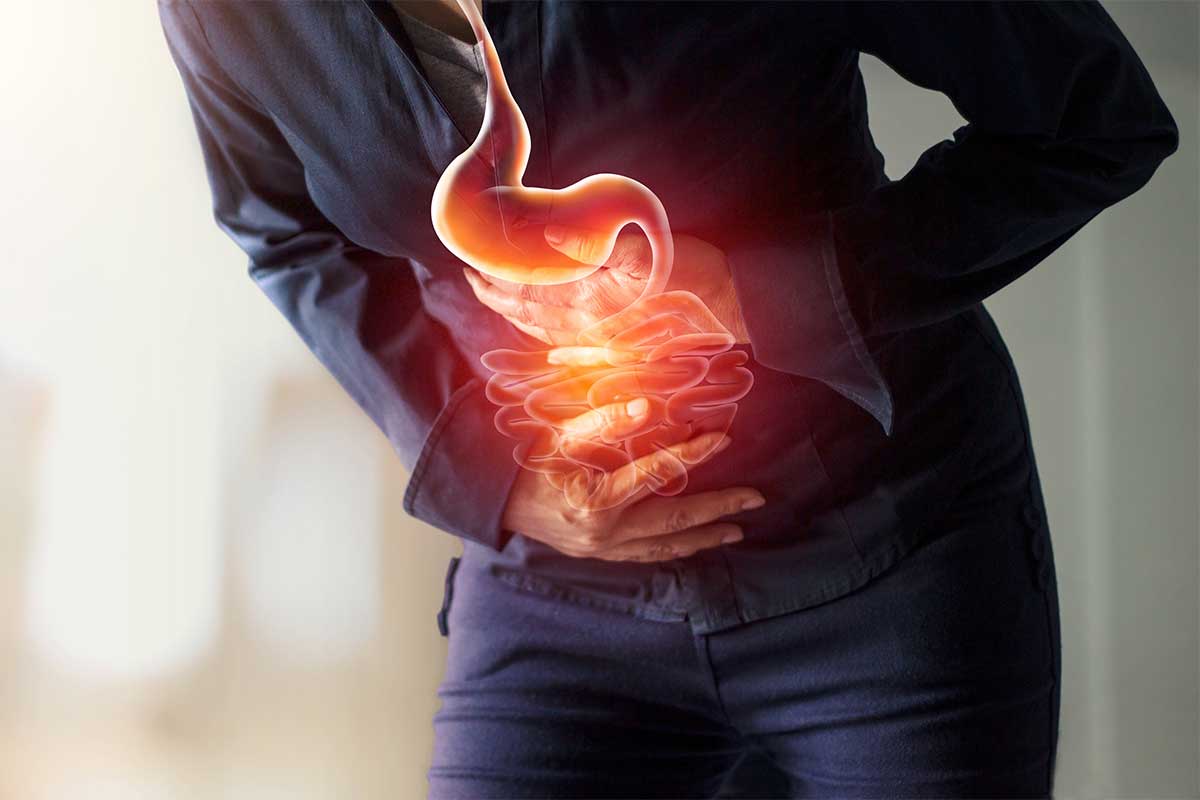
03
Oct
How many days to cure gastritis

Gastritis, a prevalent condition characterized by the inflammation of the stomach lining, impacts numerous individuals globally. A frequently asked question amongst those affected by gastritis is: “How many days to cure gastritis?” This article aims to address this query and provide extensive information on the duration and treatment of gastritis.
Understanding Gastritis: A Spectrum of Symptoms
Gastritis can present as acute or chronic, each with unique features and recovery timelines. Common symptoms include nausea, loss of appetite, upper abdominal pain, bloating, and in severe instances, the presence of blood in vomit or stool.
Ready to Find Relief from Gastritis? Contact Our Gastritis Specialist Today and Discover Your Path to Recovery!
Diving Deeper: Acute Vs. Chronic Gastritis
With acute gastritis, symptoms are sudden and usually short-lived, often resolving within days to weeks. Chronic gastritis, however, is more prolonged, potentially leading to more severe complications if left untreated.
Acute Gastritis: A Short-Term Battle
Recognizing Acute Gastritis
Acute gastritis emerges abruptly and in many cases, resolves within a few days to weeks, especially with prompt intervention.
Treatment Pathways
Initially, treatment might not be necessary for acute gastritis. If symptoms persist, physicians may recommend medications to shield the gastric mucosa and suppress acid production, such as proton pump inhibitors (PPIs). Eliminating irritants like alcohol, nicotine, coffee, and spicy food is crucial.
Symptomatic Relief and Recovery
Typically, individuals experience substantial improvement within a few days of following the treatment and lifestyle modifications and recover fully without enduring complications.
Timelines and Lifestyle Adjustments
Days to Recovery: Generally, acute gastritis lasts between 2 to 10 days. The adherence to treatment and dietary modifications can expedite recovery, minimizing the impact on daily life.
Chronic Gastritis: A Prolonged Journey
Identifying Chronic Gastritis
Chronic gastritis occurs over an extended period and can be categorized into different types based on its cause. The duration of inflammation in chronic gastritis is unpredictable, often requiring more complex intervention strategies.
Complex Treatment Protocols
In cases of chronic gastritis, treatment usually includes addressing underlying causes like H. pylori infection, mitigating symptoms, and managing complications. Antibiotic therapy combined with acid-suppressing medications is common, with attention to accompanying conditions like vitamin B12 deficiency.
Consequences and Prognosis
The long-term presence of inflammation can lead to severe damage, such as bleeding gastric ulcers and an increased risk of stomach cancer if left untreated.
Duration and Management
The duration of chronic gastritis depends heavily on the individual, cause, and treatment adherence. Managing chronic gastritis might involve prolonged treatment protocols, continuous monitoring, and sustained lifestyle and dietary modifications.
Effective Treatment Strategies
Personalized Treatment Plans
The treatment depends significantly on the cause, the extent of inflammation, and individual health conditions. From avoiding certain foods and substances to adhering to prescribed medications, a multifaceted approach is often necessary.
Lifestyle and Dietary Modifications
Nutritional Adjustments: Integrating a gastritis-friendly diet is essential. Avoiding irritating foods and embracing stomach-soothing options can foster healing.
Stress Management and Healthy Lifestyle Choices: Reducing stress through relaxation techniques and maintaining a balanced lifestyle, including moderate alcohol consumption and avoiding smoking, play a vital role in managing and preventing gastritis.
Preventative Measures and Risk Mitigation
Understanding Risk Factors
Several factors increase the likelihood of developing gastritis, including habitual use of pain relievers, smoking, older age, alcohol abuse, and excessive stress.
Proactive Prevention
Adopting preventive measures such as maintaining moderate alcohol consumption, avoiding smoking, sustaining a balanced diet, and ensuring adequate sleep and regular exercise can significantly reduce the risk of developing gastritis.
When to Seek Medical Attention
Recognizing Serious Symptoms
While occasional indigestion or stomach discomfort is normal, it’s crucial to consult a healthcare provider if symptoms persist or interfere with daily life. Serious symptoms requiring immediate medical attention include severe abdominal pain, vomiting blood, excessive vomiting, blood in stool, dizziness, or fainting.
Early Intervention and Regular Monitoring
Timely consultation, accurate diagnosis, and adherence to treatment plans can prevent complications and ensure effective management of gastritis, reducing the overall impact on an individual’s quality of life.
Conclusion:
Addressing the primary concern, how many days to cure gastritis depends on the type—acute or chronic, the underlying causes, and individual health conditions. Acute gastritis generally resolves within days to weeks with appropriate care, while chronic gastritis requires long-term management strategies. Understanding the condition, adhering to treatment plans, and maintaining a healthy lifestyle are pivotal in navigating the journey to recovery successfully.

